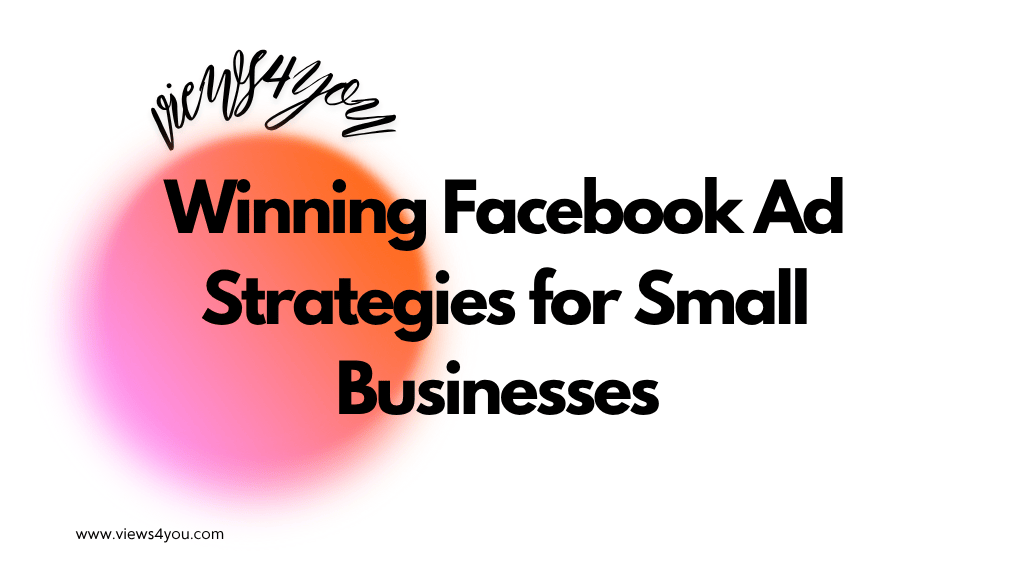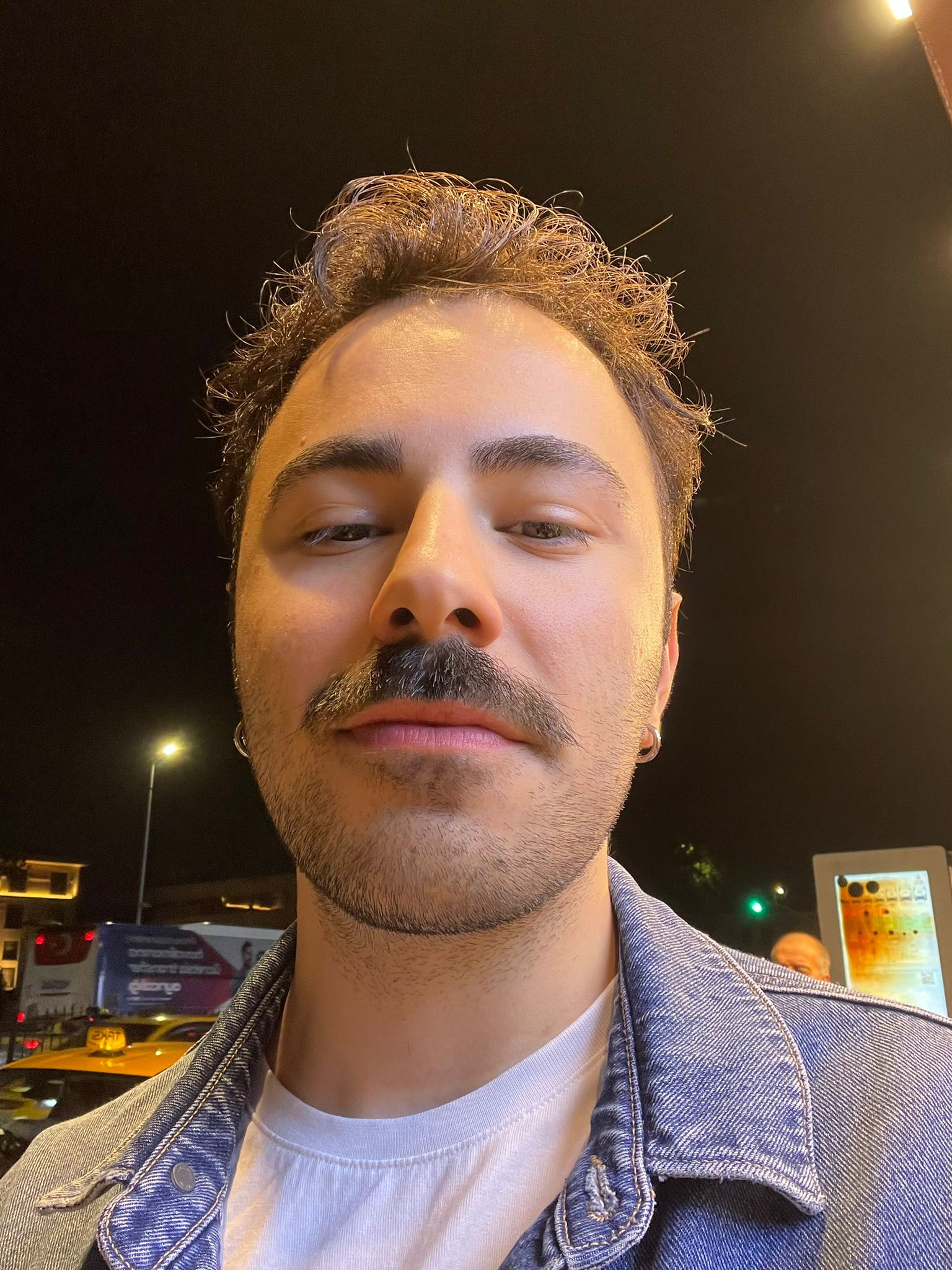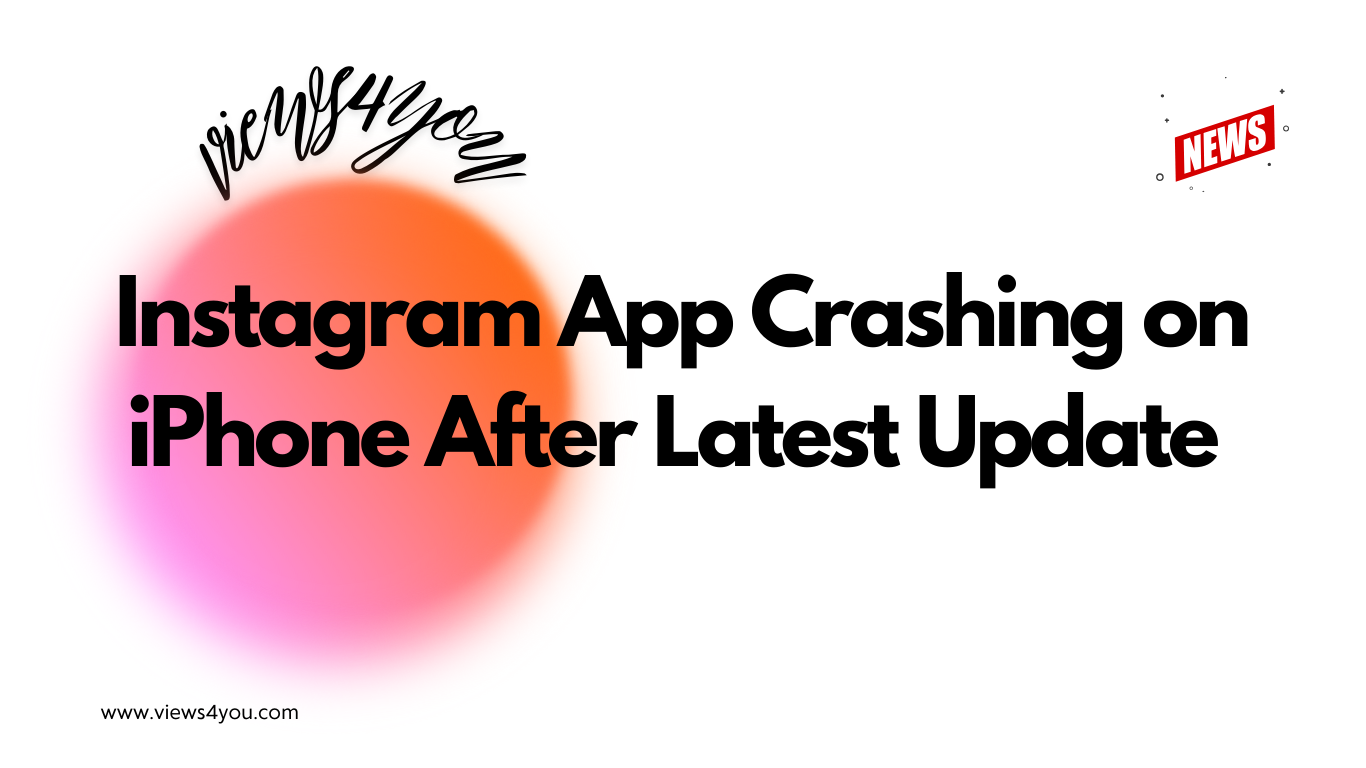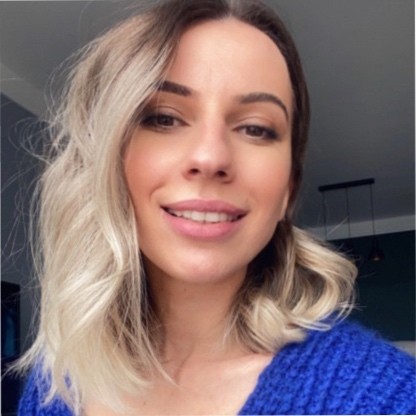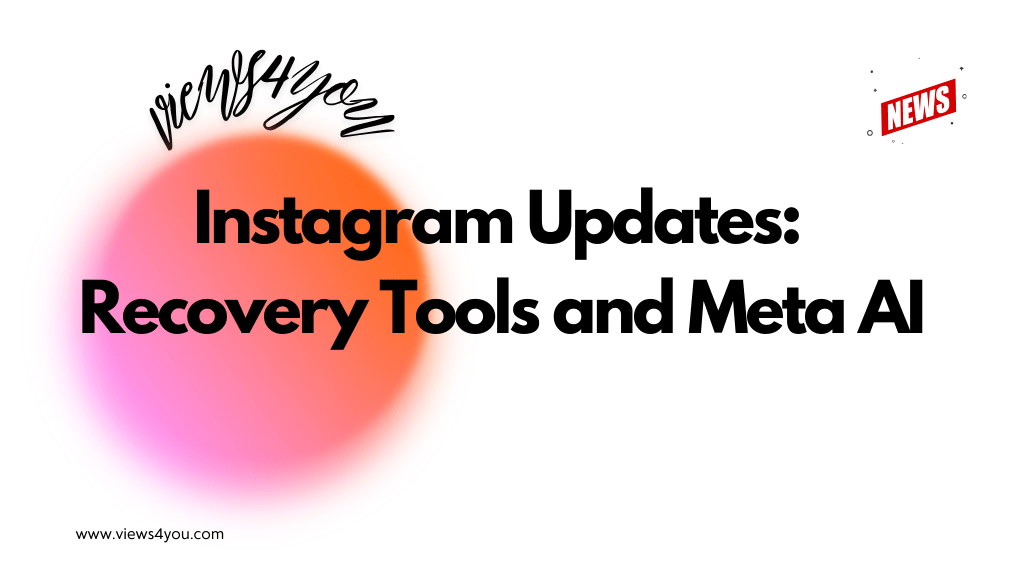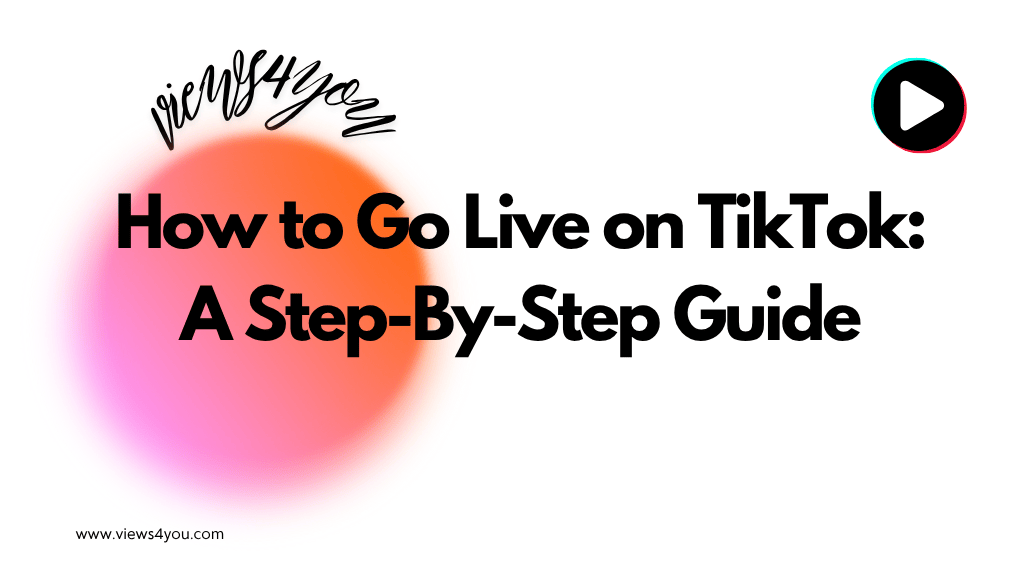From starting your Facebook Group to building lasting engagement, this blog walks you through every step of creating a real community. Learn how to foster trust, read engagement insights, and create a space people return to.
Sometimes it’s not about posting more. It’s about having a place where real conversations can happen. Facebook Groups offer exactly that. They give people a reason to slow down, listen, and respond, not just scroll past.
If you’ve ever wanted more than likes and short replies, starting a group might be what brings your people together in a way your page never could.
What Makes Facebook Groups Different?
Facebook Groups don’t just push out content. They invite people in. While the main feed scrolls past in seconds, a group gives people a reason to stop, respond, and stay.
The real value of a group is connection. Not just between you and your followers, but between the members themselves. They come for the topic, but they stay for the feeling of belonging.
That’s what sets a group apart. It’s not about shouting louder. It’s about creating a space where people feel heard.
When Should You Start One?
You don’t need a massive audience to start a Facebook group. What matters is having something worth gathering around. If your content sparks questions, conversations, or shared experiences, that’s the sign.
Start a group when people begin asking each other things you can’t answer alone. Or when your comments section turns into a thread of people helping each other. That’s when you know a group would serve them better than a page ever could. Whether you’re offering advice, building trust, or sharing a passion, a group lets you move beyond performance and into community.
How to Attract the Right People
The best communities grow with care. Start with a name that speaks clearly to the people you want to reach. Avoid vague or clever titles. Choose something they’d search for, say aloud, or instantly relate to.
Set the tone from the beginning. Your group description should feel like an invitation, not a sales pitch. Let people know what they’ll find inside and what’s expected of them in return.
Then show up consistently. Ask real questions. Respond to comments. Highlight voices that might otherwise go unheard. The more your group reflects your members, the more they’ll invest in it.
Understanding Engagement with Facebook Insights
When your group starts getting active, it helps to know what’s working. Facebook Insights shows you which posts actually start conversations and when people are most likely to engage.
By watching those patterns, you begin to understand what your followers care about. Maybe quick polls on Friday get more attention than long reads on Monday. Or maybe replies pick up after you go live.
Facebook Insights helps you notice those signals. Once you see them, you can shape your content around what feels real to the group, not just what sounds good in theory.
Where to Take the Group Next
As your group grows, its purpose might shift. What starts as a place to ask questions can evolve into something bigger.
Some groups become learning hubs. Others turn into early feedback channels or soft launchpads. You might start hosting challenges, private events, or small peer circles. What matters is that it still feels like a space where people want to return.
Keep checking in with your members. Ask what they’re missing, what’s working, and what would make the group more useful. The best ideas often come from the quietest voices.
Going Live: Complete Community Experience
Nothing builds trust faster than showing up live. It doesn’t have to be fancy. A simple stream, even from your phone, lets people see who you really are.
If the idea of going live feels awkward, it helps to see how others stream with ease. You don’t need a script. Just a purpose.
Even a quick check-in or casual Q&A can make a difference. What matters isn’t the polish. It’s the presence.
Why Engagement Starts with You
If you want people to speak up, show them how. In the early days, reply to every post. Thank people for joining. Ask questions that don’t have perfect answers.
The more you show you’re listening, the more others will step in. Before long, they’ll welcome newcomers, start their own threads, and support each other without being asked.
That’s how a group becomes a community. Not because you run it perfectly, but because you’re part of it.
FAQs
Do I need a business to start a Facebook Group?
No. Anyone with something to share, support, or explore can create a group. You just need a reason and willingness to show up.
How do I make sure the group stays active?
Start small. Be consistent. Ask questions that matter. Don’t try to force conversation—listen, respond, and build momentum over time.
What type of content works best in Groups?
Short prompts, polls, and behind-the-scenes posts often get strong reactions. But every group is different. Pay attention to what your members actually enjoy.
Should I moderate everything myself?
Yes, at first. But as your group grows, you can bring moderators from your active members. Clear rules and a steady tone help a lot.
How do I know if the group is working?
It’s not just about numbers. Look for signs of life: members replying to each other, coming back often, and sharing things they don’t post anywhere else.




